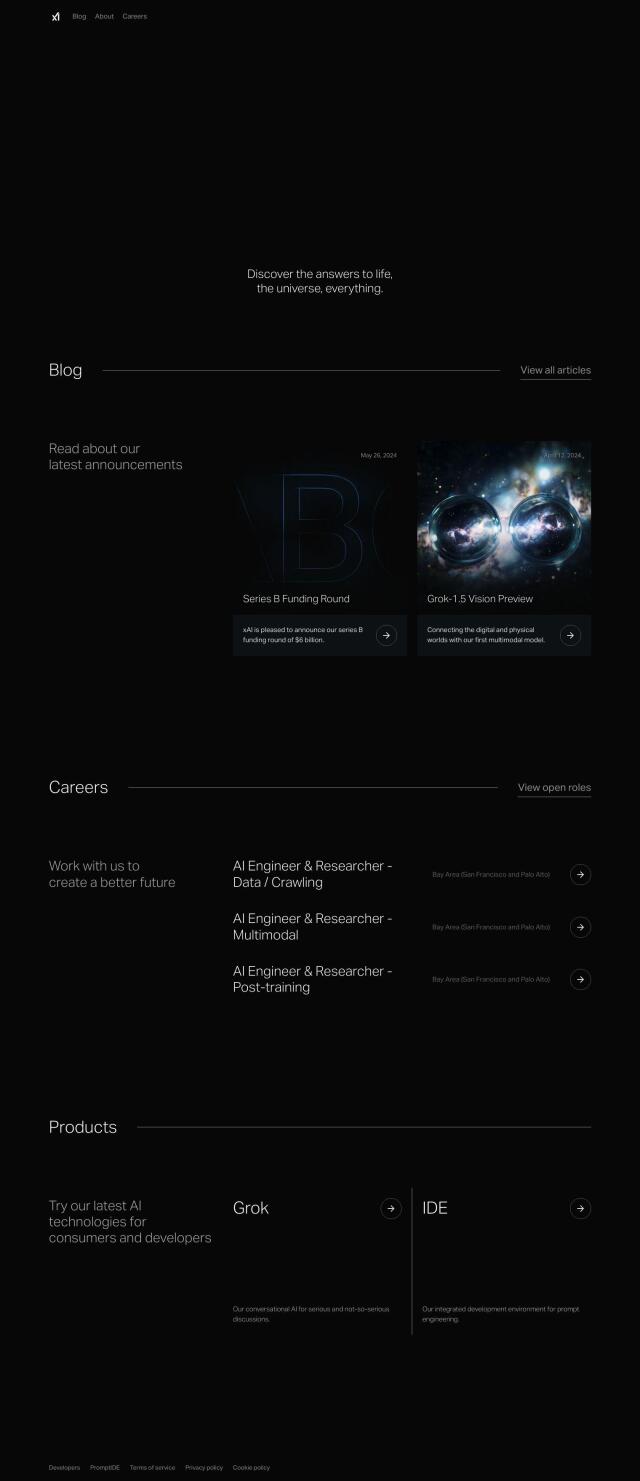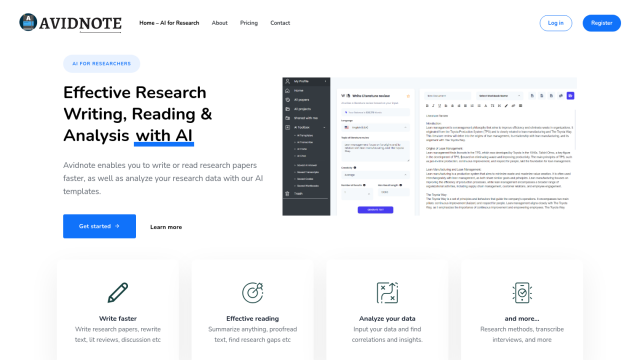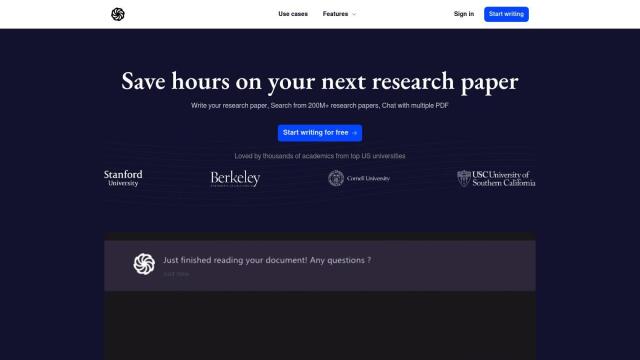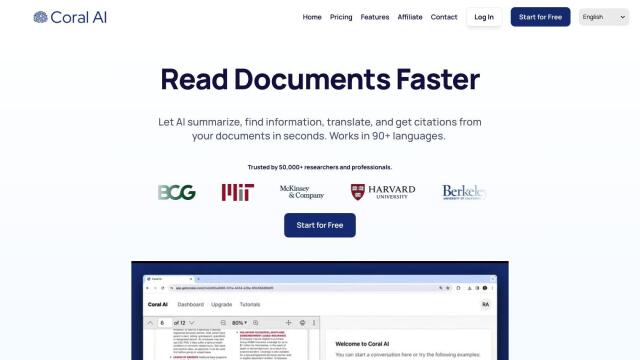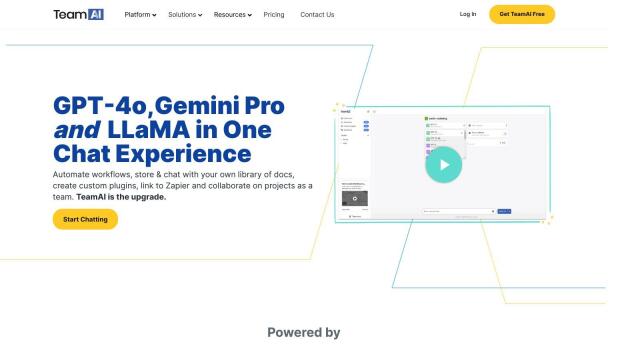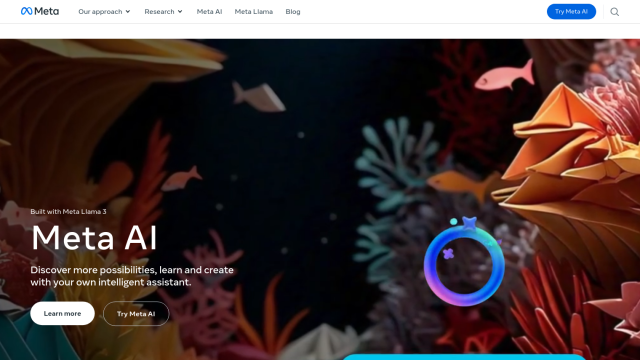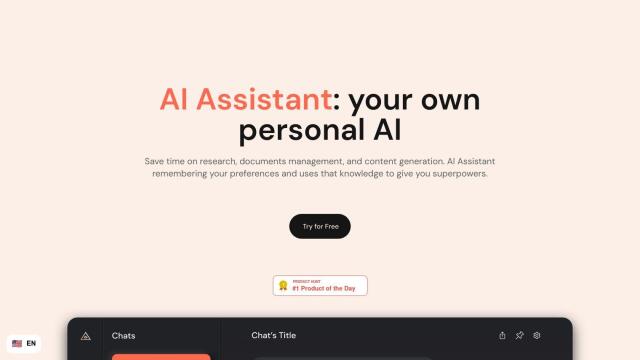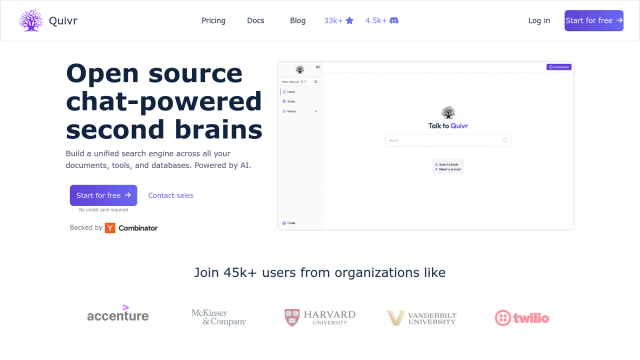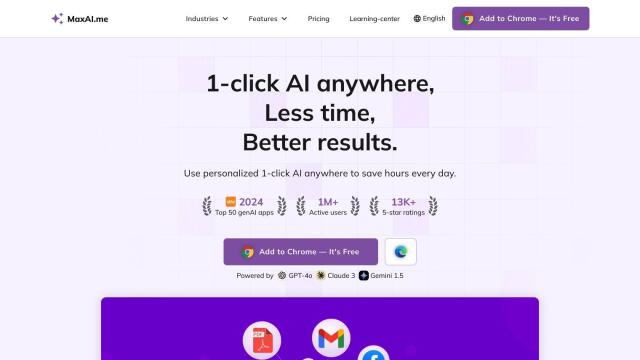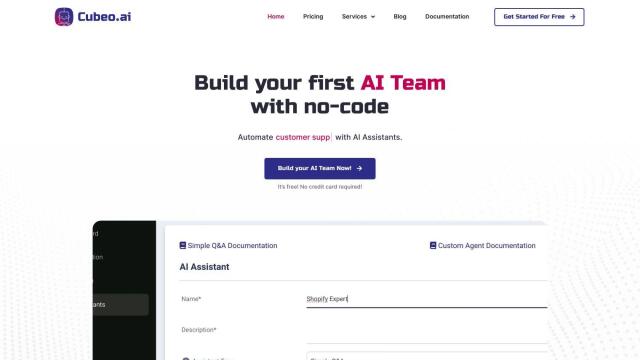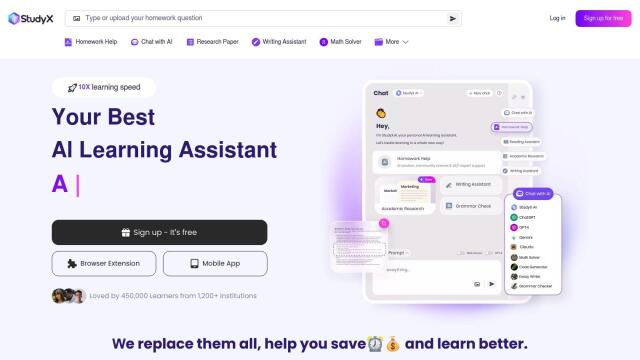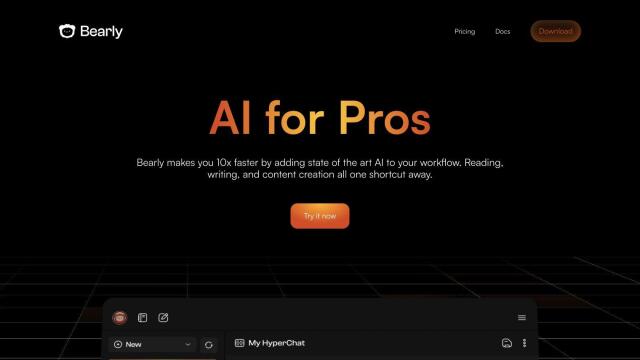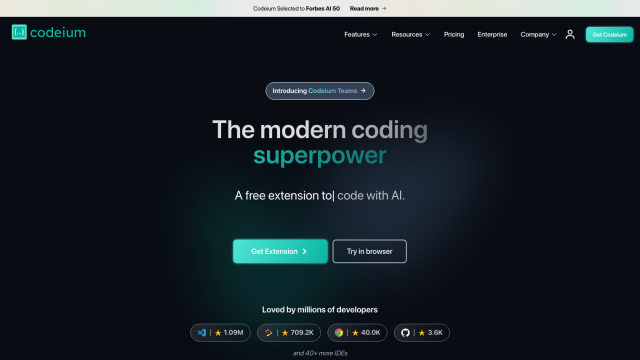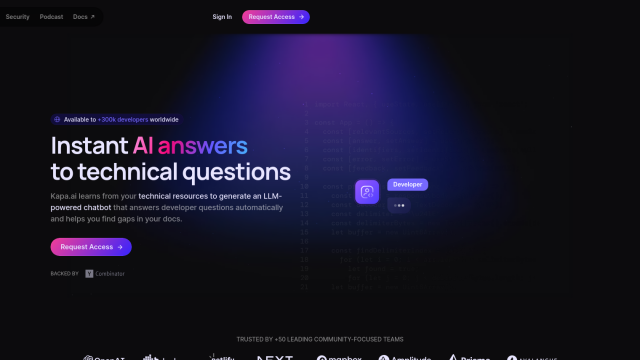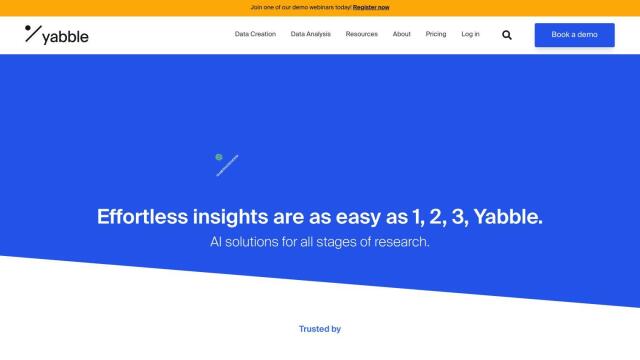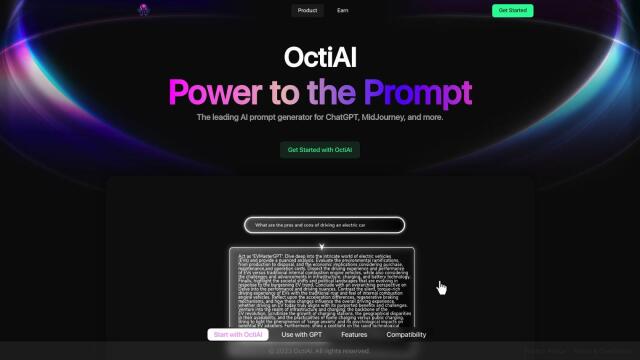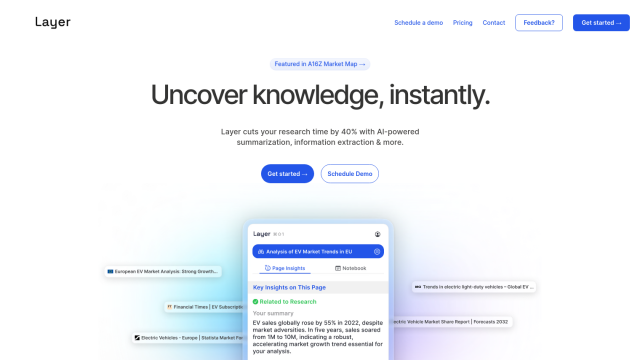

ThirdAI
If you're looking for an alternative to xAI, ThirdAI is a good option. This service offers a customizable AI system that doesn't need any special hardware, so it's available to any organization. It includes document intelligence for finding specific information, generative AI for summarizing documents, and the ability to index and train on thousands of documents in a matter of minutes. ThirdAI also performs well on benchmark tests like sentiment analysis and information retrieval, offering precise and fast results.

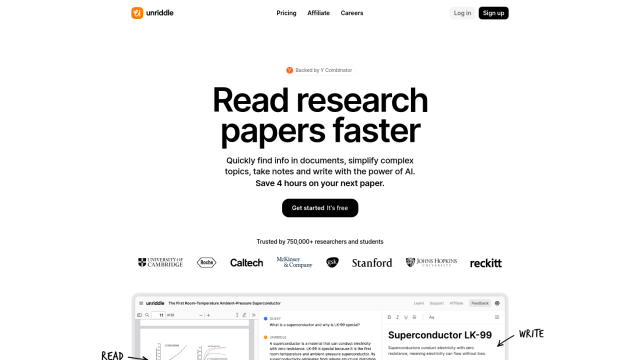
Unriddle
Another powerful option is Unriddle. This AI-powered information retrieval system lets you quickly read and extract information from big documents. It automatically links related sources, annotates text, creates interactive graphs to show relationships, and works in multiple languages. Unriddle is geared for researchers who have to process a lot of data, and it offers a free trial to let you see for yourself what it can do.


Otio
If you want an AI-native environment, check out Otio. Otio offers tools to summarize and chat with your documents, using large language models like GPT-4o and Claude 3. It supports more than 20 languages and offers features like automatic summarization, AI-assisted text editing and automatic tagging of documents. Otio is good for researchers, students and analysts who need to process and create documents based on lots of research.


Elicit
Last, Elicit could be useful if you're doing academic research. Elicit lets you find, summarize and extract information from millions of academic papers. It can be used for tasks like writing literature reviews, finding new papers and automating systematic reviews. It comes in three versions, including a free Basic version, and is designed to help you get research done faster and stay up to date with the latest research in areas like biomedicine and machine learning.
